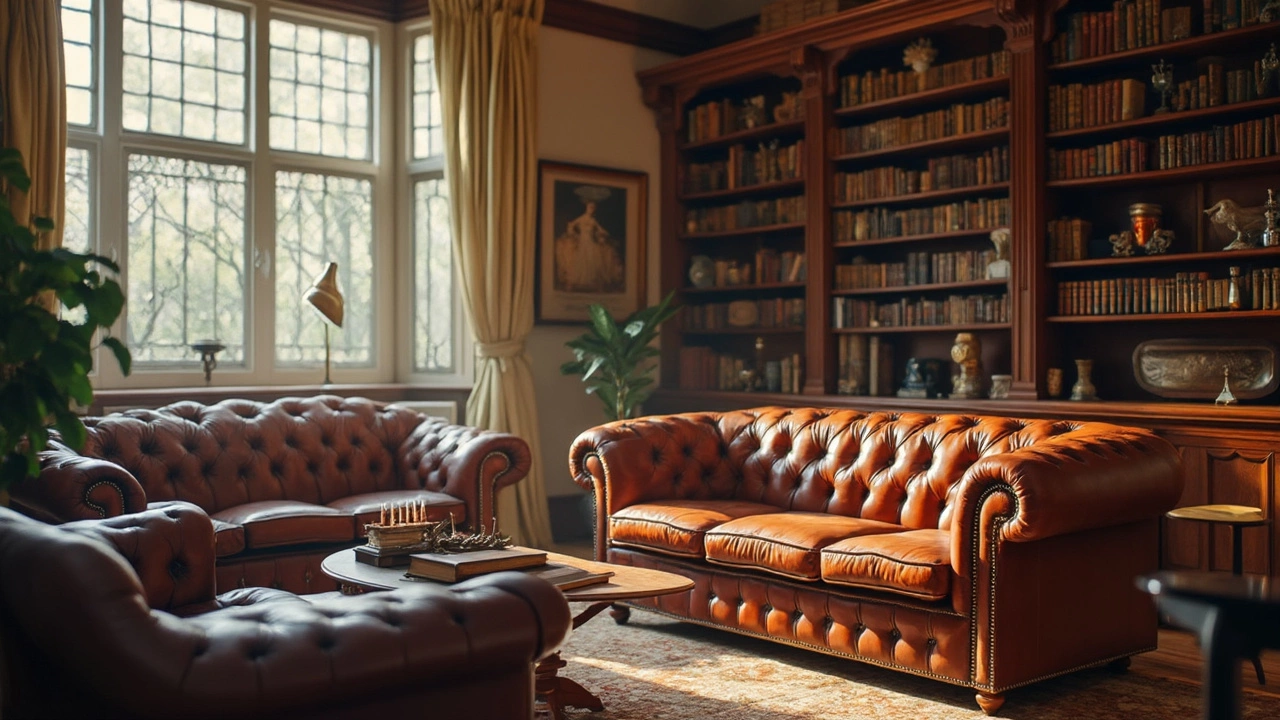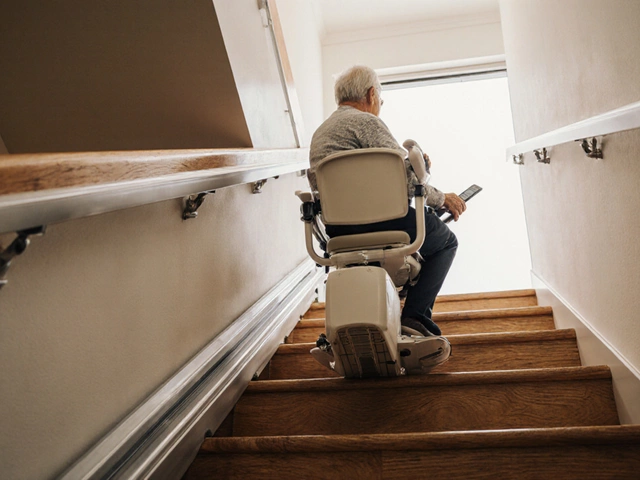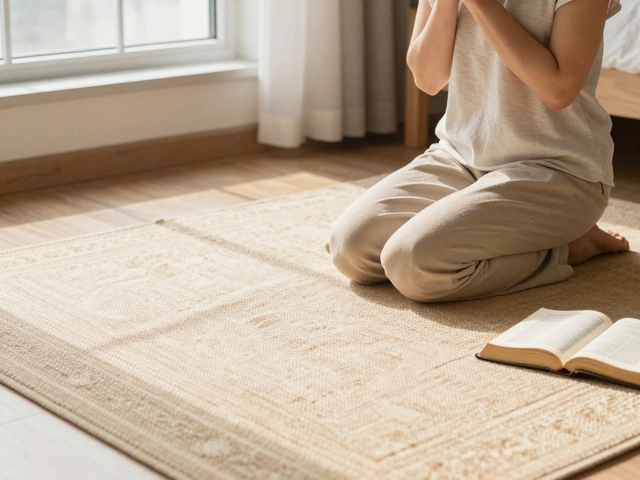Sofa Construction: What Makes a Couch Hold Up?
Ever wonder why some sofas feel solid while others sag after a few months? The secret lies in how they’re built. Knowing the basics of sofa construction helps you spot quality and avoid cheap fluff that falls apart.
Frames: The Backbone of Your Sofa
The frame is the first thing to look at. Most good sofas use hardwoods like kiln‑dried oak, beech, or maple. These woods resist warping and hold weight better than soft pine. Some budget pieces use engineered wood or particle board – they’re lighter but can crack under heavy use.
Joinery matters, too. Screwed‑in joints, mortise‑and‑tenon, or dowel connections are far stronger than simple staples. If you can see the frame inside a cushion, check for sturdy joints. A solid frame will feel tight and not wobble when you push on the arms.
Cushioning and Upholstery: Comfort Meets Durability
After the frame, the cushion layers decide how comfy the sofa feels. High‑density foam provides firm support and lasts longer than low‑grade foam that quickly loses shape. Many manufacturers add a layer of feather or down blend for a plush feel, but the core should stay firm to avoid sinking.
Upholstery fabrics range from cheap polyester blends to premium linen, leather, or performance fabrics. Look for tight weaving and double‑stitched seams – they hide seams from tearing. If a sofa is advertised as “tear‑resistant,” it usually means the fabric has been tested for abrasion.
Legs are often overlooked, but they’re part of the construction too. Metal legs (steel or aluminum) give a modern look and hold weight well, while wooden legs match classic frames. Make sure the legs are securely attached to the frame with screws rather than glued.
Now that you know the main parts, here are quick tips for buying a sofa that will stand the test of time:
- Check the frame: hardwood, solid joinery, no cheap particle board.
- Press the cushions: they should feel firm underneath the surface layer.
- Inspect the upholstery: tight weave, double stitching, and a durable finish.
- Look at the legs: metal or sturdy wood with a secure mounting method.
- Ask about warranty: a good maker will back the frame and cushions for several years.
Understanding sofa construction doesn’t have to be complicated. Focus on the frame, the cushioning core, and the fabric quality, and you’ll pick a couch that feels right now and stays strong for years. Happy sofa hunting!

How to Spot a High-Quality Sofa
This article dives into essential tips for identifying a high-quality sofa. It discusses the importance of frame construction, cushion fillings, upholstery fabrics, and other critical factors that contribute to durability and comfort. Learn how to make informed decisions and avoid common pitfalls when shopping for your next sofa. Find insights into style, support, and craftsmanship that ensure a worthwhile investment.
Categories
- Storage (30)
- Bathroom (21)
- Sofas (20)
- Curtains (15)
- Home Decor (12)
- Cushions (12)
- Mirrors (12)
- Bedding (11)
- Kitchenware (11)
- Rugs (10)



